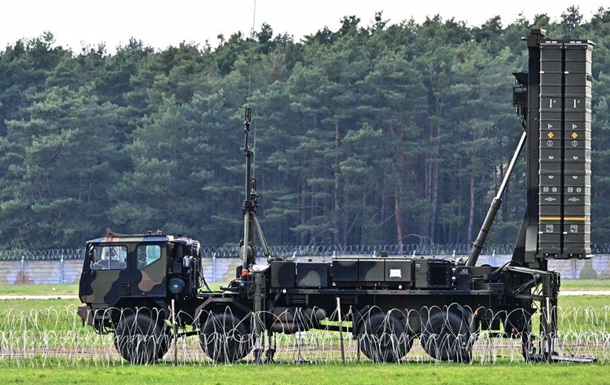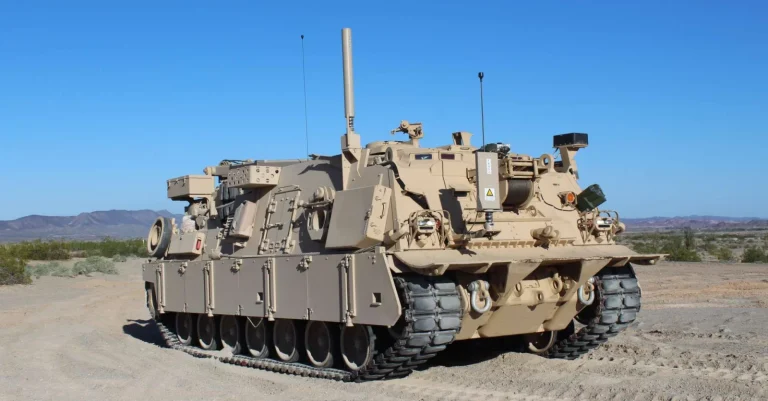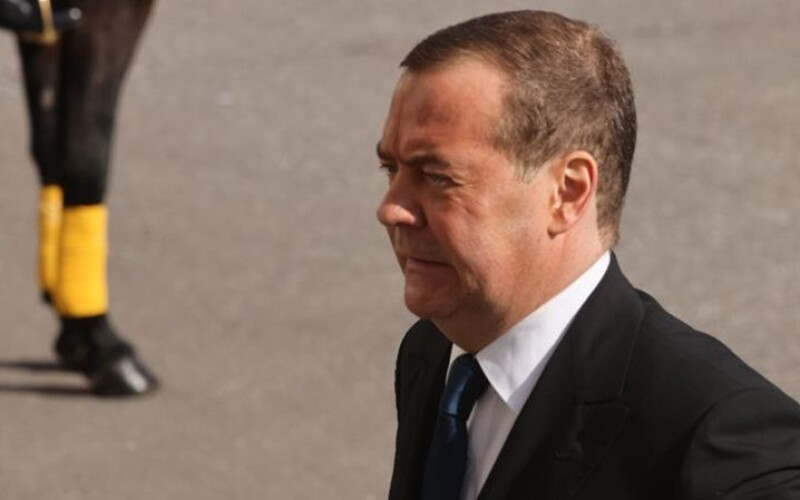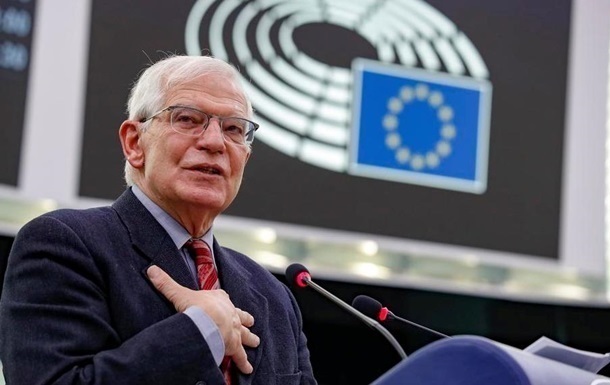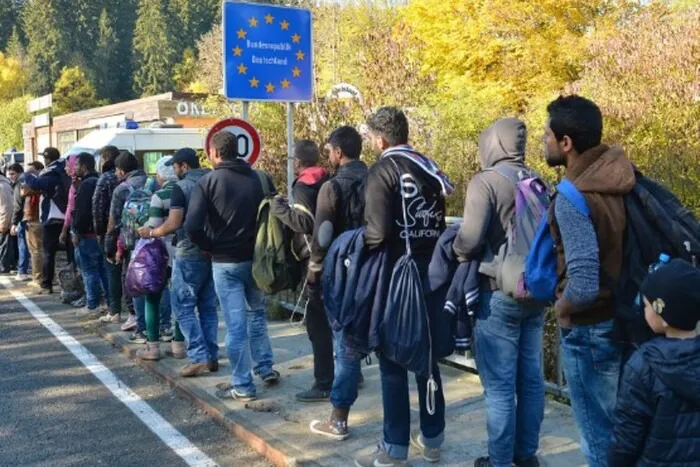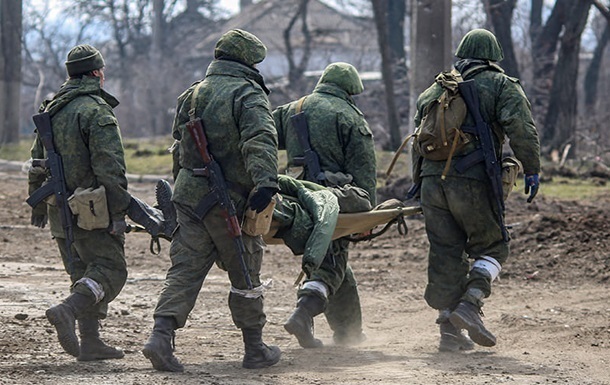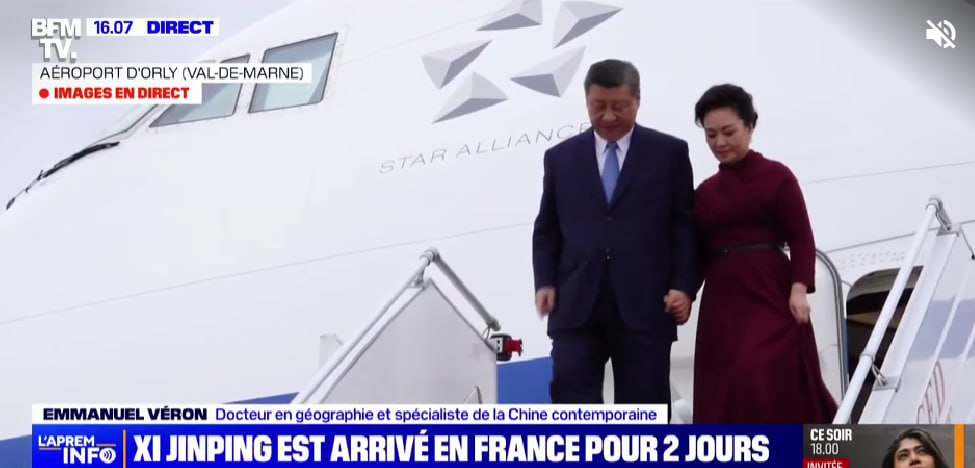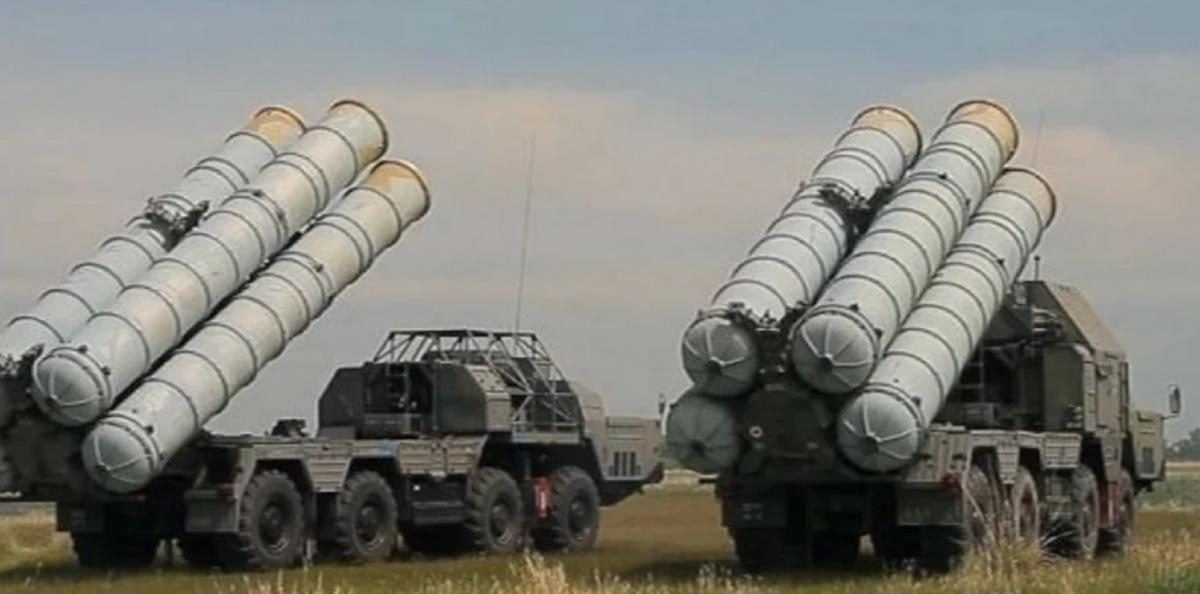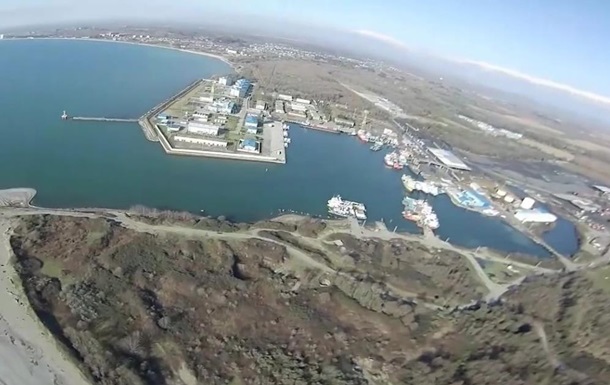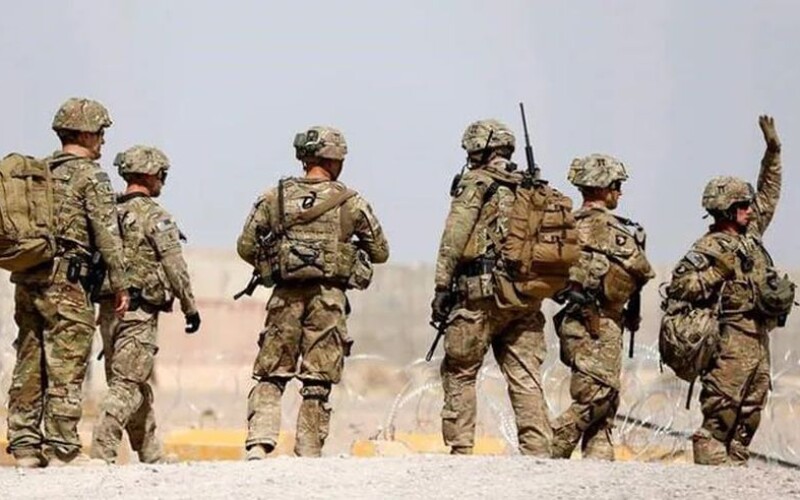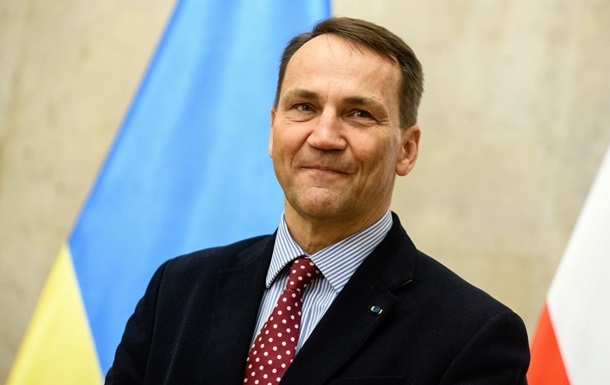The possible return of Donald Trump to the White House forces European leaders to consider similar scenarios and seek answers to the questions they entail. As the US election heats up, officials across the continent are becoming increasingly outspoken about the implications of a second Trump presidency.
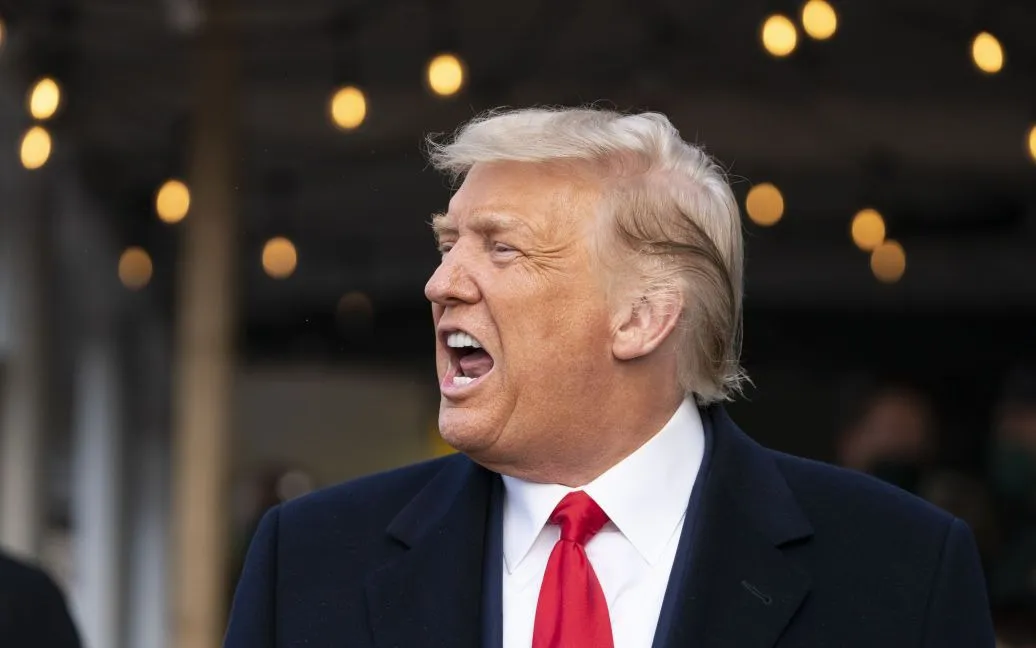
Politico writes about it.
It is noted that his return to power will not only be the biggest test for transatlantic relations in post-war history, but may also pose a risk to European unity. Tensions with the world's most powerful country could divide the continent on issues ranging from trade policy to the fight against climate change and the defense of European territory. "People in Brussels are already preparing for what might happen," said one senior EU diplomat.
Europe survived Trump's first presidency, according to reporters, but there are every indication that things will be more difficult this time around, as two neighboring wars and an ongoing energy crisis weigh on the continent. This will require Europe — and the EU in particular — to do what it has historically been unable to do: decide on a joint response and stick to it. Failure to agree can begin to tear the block apart.
Trump's intentions regarding NATO
Two people familiar with the former president's intentions regarding Ukraine say that Trump will push Volodymyr Zelenskyi to cede Crimea and part of Donbass in order to convince Vladimir Putin to end the war, the newspaper writes.
It is indicated that it is less clear what his intentions are regarding NATO. Two of the newspaper's interlocutors said he aimed to reduce America's involvement, possibly by withdrawing from summits or forcing the US military to not participate in joint exercises.
Concerns about what Trump might do led the US Congress to write into law a requirement that lawmakers must approve any formal withdrawal of the US from the alliance. "The fact that Congress saw fit to do this, and that President Biden was willing to sign it, shows that there are real concerns in Washington," said Brad Bowman of the Fund for Defense of Democracies.
The authors emphasize that Trump will not need to withdraw from the Alliance to actually break it up. In February, he questioned Washington's compliance with NATO's Article 5 on mutual defense, which requires allies to come together in support if one alliance member is attacked, saying he would "encourage" Russia to attack NATO members that do not spend enough on defense. .
The publication writes that, in any case, Article 5 does not require military support, but only requires a NATO member to "take such measures as it deems necessary to provide assistance to a member of the Alliance that has been attacked." Trump can simply "see it necessary to raise concerns in the UN Security Council, and that's it. Or make a statement or say: oh, Putin, this is not good. You have to stop it," Bowman said.
That it will be difficult for the EU to develop a joint response to the Trump presidency is evident from its reaction to Putin's full-scale invasion of Ukraine.
Replacing the American nuclear umbrella
According to Politico, progress has been so slow that some believe it will take a major push to break the impasse. Trump could be a wake-up call for the bloc that will shake things up. For the countries bordering Russia, the main problem is whether "a lot" will be enough, and whether it will be too late.
“When it comes to nuclear deterrence, most European countries rely on the American umbrella, and only Great Britain and France have their own warheads... However, neither the French nor the British systems will be a reliable deterrent if the US nuclear deterrent disappears. It remains unclear how all this will fit into the framework of European security," the article says.
Worse, even if European leaders try to present a united front, they are likely to find themselves under pressure from a range of policies, led by Trump, that could just as well be aimed at driving them apart.
Brussels is already working on a plan that spells out the consequences of the November vote, including punitive trade measures if Trump imposes his own tariffs against the bloc. In addition, the war in Ukraine and the desire to sever economic ties with Russia also led to the fact that Europe became dependent on the US for energy supplies: almost 50% of LNG supplies come from this country.
Deepening of European fault lines
Journalists add that the fate of Europe during Trump's second presidency will largely depend on whether it can remain united. The most obvious risk to this unity is Viktor Orban, who in the second half of the year will play an important role in shaping the agenda in the EU decision-making mechanism.
In addition, during his first term, Trump made it a rule to bypass European institutions and speak directly to national leaders. With the uncertainty hanging over European defense policy, some countries could easily decide that flirting with the US president is a better bet than confronting him.
It should be recalled, recently former President of the United States of America and presidential candidate Donald Trump unexpectedly called the survival of Ukraine important for America.

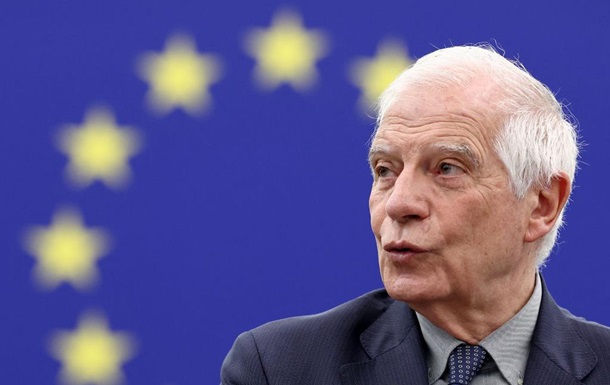
 336
336